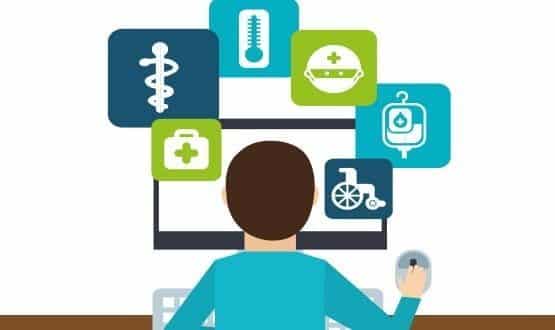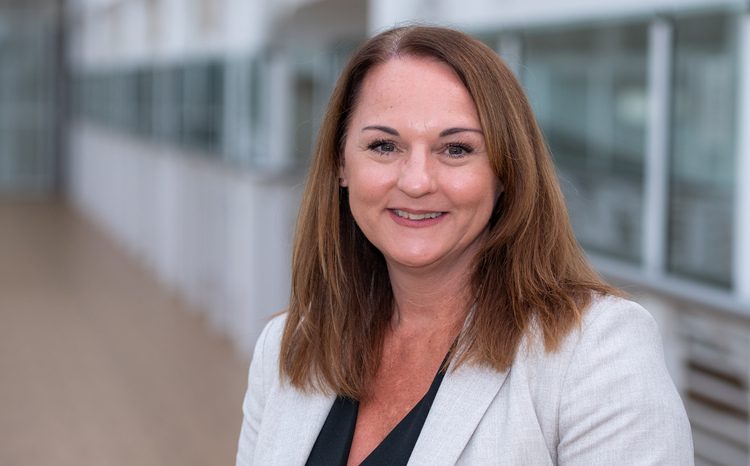Patient-facing integrations with GP systems run late
- 31 March 2016

The April 2016 target for getting third-party suppliers of patient facing services integrated with the principal GP systems will not be met.
The first of these integrations will now likely go-live in late spring.
When a new GP Systems of Choice contract was signed in March 2014, it specified that principal system suppliers [Emis, TPP, INPS and Microtest] must provide interface mechanisms to allow the suppliers of subsidiary services to integrate with them.
A ‘pairing process’ was developed by the Health and Social Care Information Centre to manage the integrations.
NHS England’s senior responsible owner for GPSoC, Tracey Watson, said last October that she expected the interface mechanisms to be ready by the end of 2015.
The first of the integrations were expected to be live by April 2016. However, only two integrations have been awarded full roll-out approval – Total Billing Solutions and My RightCare – neither of which are patient facing.
Three patient-facing services suppliers – PAERS, Wiggly-Amps and iPlato – told Digital Health News they are close to being assured, but none will achieve the April target.
Watson confirmed this month that TPP was the first company to offer the necessary interface mechanism and Emis is “part way there”. INPS offered part of its IM last year and Microtest is due to deliver in April.
“I’m being assured that it’s not going to take much longer. I’m expecting there to be activity, in terms of go-lives, in late spring,” she told Digital Health News.
Earlier this month, Brian Fisher, co-director of PAERs, was “moderately confident” of getting full roll-out approval in March for an integration with Emis, but he said this week that approval is delayed as the HSCIC seem to be asking for more requirements.
"This threatens the whole process. Patients, citizens and small companies like ours will all suffer as a result. It would be quite possible to deliver an excellent service to people across England now and update in the next few weeks," said Fisher.
He added that the process is a year behind schedule and delays are mostly related to the principal suppliers not having their IMs ready in time.
“We were expecting to be in this position a year ago; had everything been ready,” he said. “We are also hoping that the rest of the business that’s required to make it all work and be useful will be in place.”
This includes a plan for NHS Choices to provide a website to allow patients to choose between providers for their online services.
Watson confirmed that work is ongoing with NHS Choices and the Patient Online programme to develop this functionality and to ensure a level playing field for all suppliers.
Suppliers will get paid per transaction once a patient signs up to use their service.
Jon Witte, managing director of Wiggly-Amps, said that while the slow progress is frustrating, enabling a completely different way of doing business is not an easy task.
“The principals haven’t been falling over themselves to deliver supplier interfaces,” he said. “Each provider has chosen a particular method of doing things, which means we have to provide interfaces four times.
“It is frustrating, but not the end of the world. I would hope to see people hit full roll-out approval in the next two months.”
Witte added that he felt it was better not to rush and to make sure everything is working smoothly before introducing new services to patients.
“It’s a challenging thing we are trying to do here and it’s very important that we do it safely, both clinically and information governance-wise,” he said.
Tobias Alpsten, chief executive of iPlato Healthcare, said the company’s service will not get assured by the end of March, but he hoped it would happen within the next few months. “We’ve been at it two years, so it won’t make a big difference to us,” he said.
He argued that the subsidiary suppliers will be able to provide a more compelling, easier to use service to patients and the opportunity for growth is therefore enormous.
“This will transform health services and that’s why we are so keen to be part of it,” he added.




